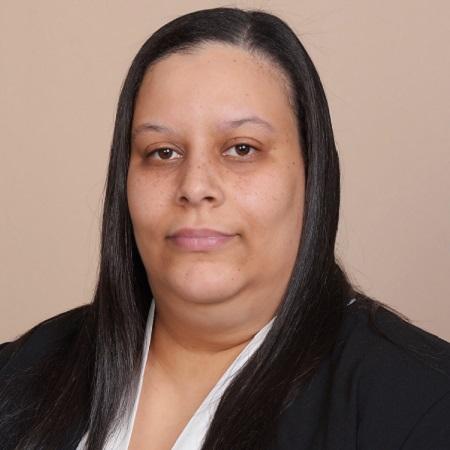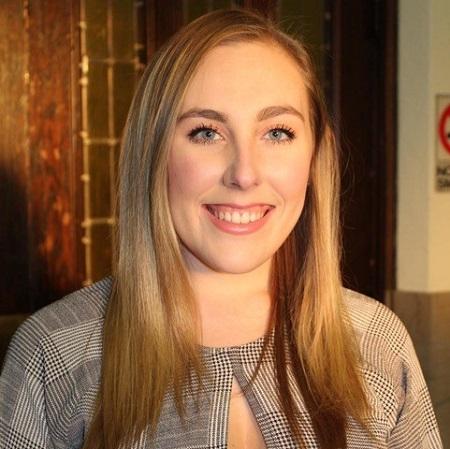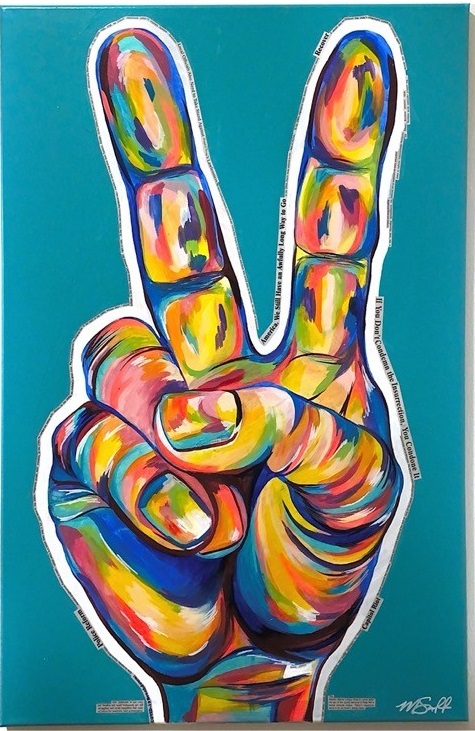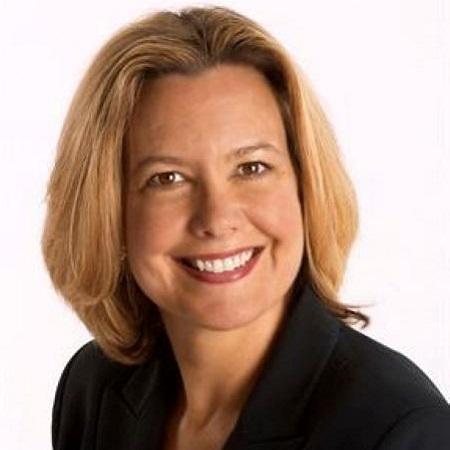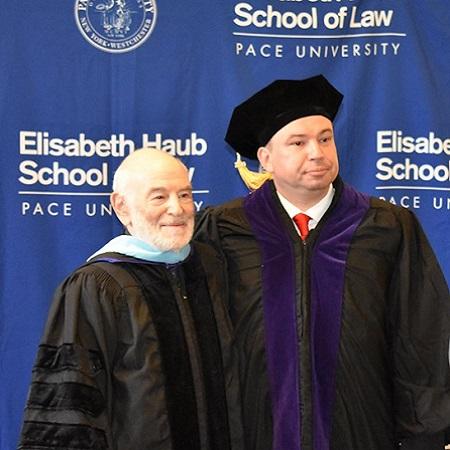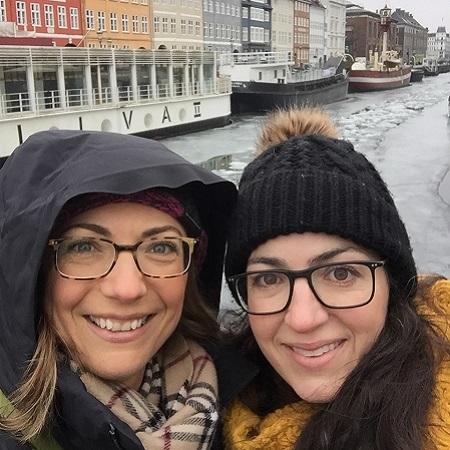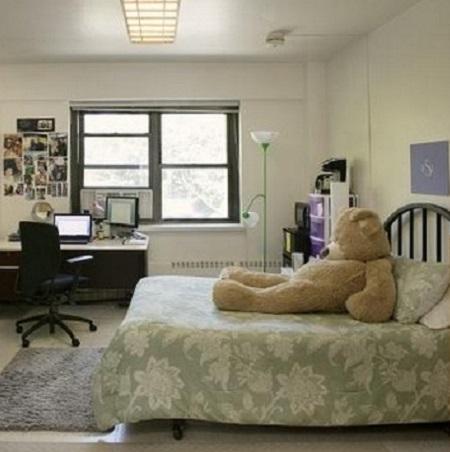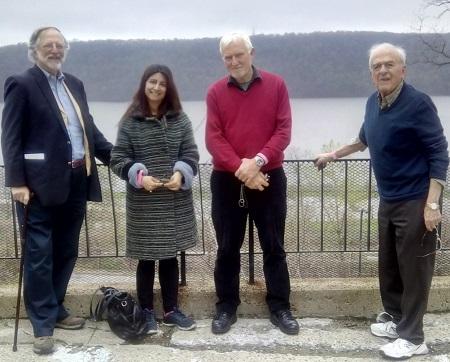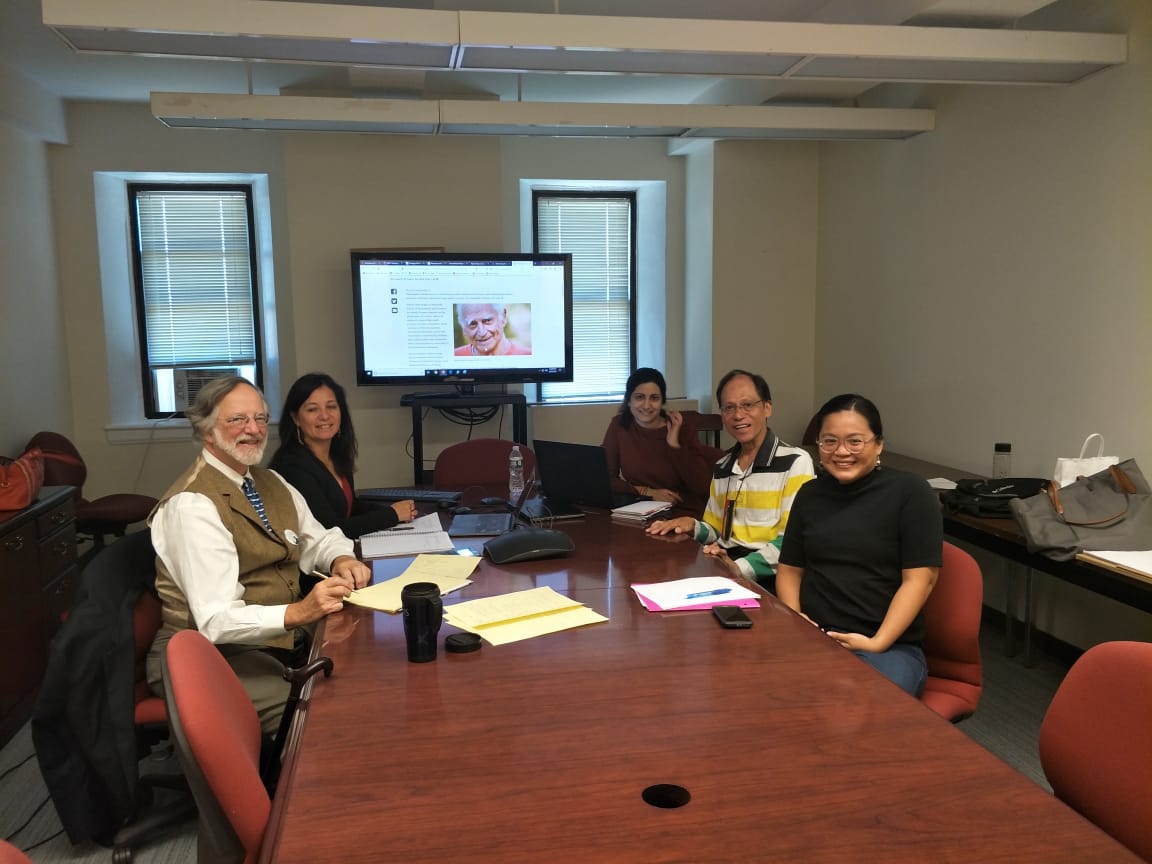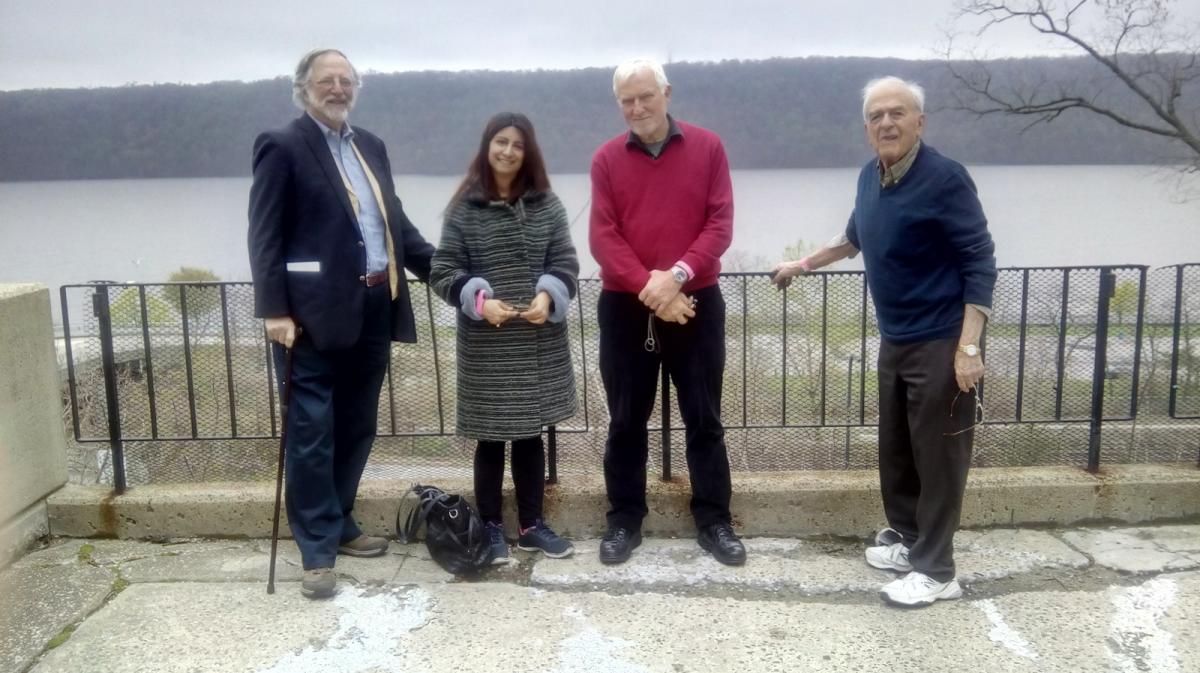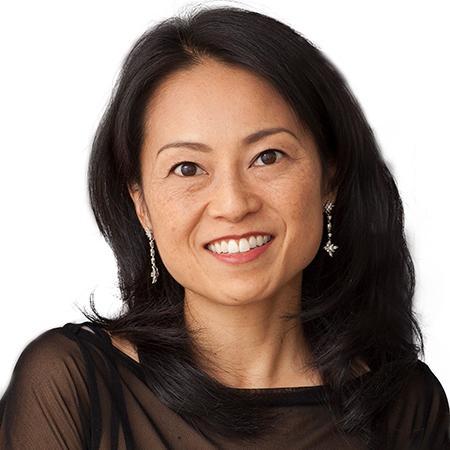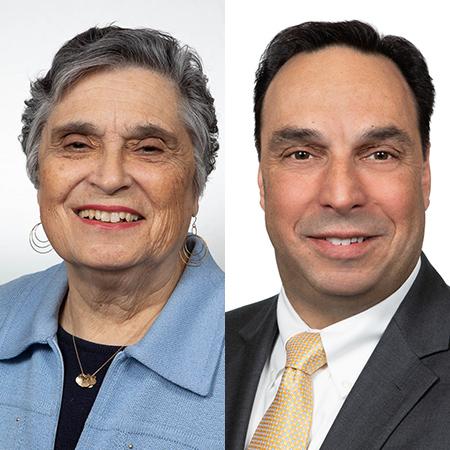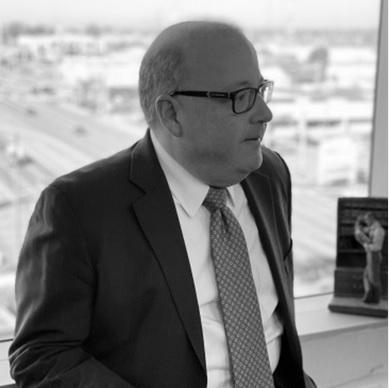Jeffrey Deskovic is a 2019 Elisabeth Haub School of Law at Pace University alumnus. Prior to law school, Jeffrey Deskovic was wrongly convicted of murder and incarcerated for sixteen years. Since his release, he has finished his bachelor's degree, earned a master's degree, started The Jeffrey Deskovic Foundation For Justice, earned his law degree, passed the bar exam, became a recognized advocate in criminal justice reform circles, and much more. Jeff’s journey and graduation from law school, along with his post-law school path has been prominently featured in various media outlets.
A Q&A with Jeffrey Deskovic ’19 (with commentary by Professor Ben Gershman and Professor Robin Frankel)
Did you grow up wanting to be an attorney?
From the time that I was a teenager, I wanted to be an attorney. My mother had a personal injury attorney who I admired and this made me start thinking about becoming an attorney as a career down the road. Then, when I while I was wrongfully incarcerated, my mind went back to becoming an attorney. About three or four years prior to being exonerated, I thought, ‘if I ever get out of here, I want to become an attorney in order to help free others who are in my position.’
After being exonerated, I received a scholarship from Mercy College to finish my education. Immediately after finishing at Mercy, I attempted to get into law school. Simply put, there was a large focus on LSAT scores and I did not do well on that specific test. I applied to 11 schools, arguing my background, the advocacy work I was doing, my undergraduate GPA, and what I wanted to do with the law degree should lead to law schools to give me a chance. I did not get into a single school. So, from there, I went to graduate school and got a master’s degree. I also started my nonprofit, The Jeffrey Deskovic Foundation for Justice, using the compensation I received from my wrongful incarceration, whose purpose is to free the wrongfully convicted and pursue policy changes aimed at preventing wrongful conviction in the first place.
How did Haub Law come into the picture?
I did a presentation at the Judicial Institute at the Law School. Afterwards, I spoke to a judge who was at the seminar in the hallway. This judge complimented the presentation I had just completed and encouraged me to apply to law school – telling me that all I was missing was the credential of a JD. It was then that I began to revisit the possibility of law school. With this encouragement, I decided to try again. I was also tired of sitting in the front row of the courtroom – we were freeing people through my foundation and I wanted to sit at the defense table and help represent the clients.
So I took a LSAT class, took the test, and did even worse on the LSAT. However, by now, law schools were taking a more holistic approach. I applied to Haub Law with the encouragement of Professor Bennett Gershman, who I had a pre-existing relationship with. Given my low score, I knew that I had to hit the ball out of the park in the interview to be admitted. Haub Law was the school I wanted to go to- it is the only law school in Westchester County. I grew up here in this county; was wrongfully convicted and exonerated here in White Plains. I do my work here. I got into an out of state law school, but though it was only four hours away, in many ways I would have had to give up my life to do so. While I was prepared to do so, it was not my preferred path. When Haub Law accepted me, it was like everything lined up exactly right. It is empowering to be an attorney- the extra credential allows me to be involved in freeing the wrongfully convicted in a more direct way, assists my policy work, and also how I regarded by my peers and elected officials.
Can you talk about some of the courses you took while at Haub Law and what role they have played in your post-law school career?
Legal Skills 1 and 2 were key. In those courses, I learned brief writing and writing memos – both objective and advocacy documents. I use all of those skills directly right now in my work. I was recently appointed to serve on the transition team for the Conviction Integrity Unit of Westchester D.A.-elect Mimi Rocah, who I previously had as an adjunct professor for two classes here at Haub Law. I have used these learned skills to draft memos on my recommendations. I am also serving on the Peekskill Police Task Force Reform committee and in that role, my experience reading case law has helped. I have to read rules and regulations so there is a direct intersection there as well. I am serving on the policy subcommittee and find myself using what I learned in administrative law regularly.
Additionally, my Foundation currently has 11 active cases where we are working on freeing 11 people. I have entered some of those cases as co-counsel. I am regularly using skills that I learned while in the defense clinic under the supervision of Professors Frankel and Dorfman, such as client interviewing and paying attention to detail.
Then, there are the additional bonus skills that I picked up in law school, such as the experience of working under a deadline and communicating with prosecutors while advocating for clients.
What professors guided you most during your time at Haub Law?
Professor Gershman – 100% made my experience what it was – he was my everything. He was my unofficial advisor-he would check in on me, tell me what classes he thought I should take, and I was always enthusiastic about letting him know my grades. Not wanting to disappoint him was one of the many reasons that I gave 110%.
Professor Robin Frankel also. She was an extremely supportive adjunct. She came to many events when I got awards or spoke. We co-presented a CLE we designed called Tips from an Exonerated Man in Law School six times. Her imprint on my career and life is something I felt. She remains a trusted advisor in my life.
Professor Peter Widulski also used to check in on me. We would sit in hallways or have lunch in cafeteria and chat, even though I never had him for a single class!
Then, of course, Professors Michael Mushlin and David Dorfman. They each guided me in different but important ways, helping me on my journey in law school. I like to think I made significant contributions in their classroom settings as well, enhancing the educational experience for my fellow students.
I also received tremendous support from the academic success program at the law school. At certain points, my GPA was below a certain level and the school required that I take other classes as a result. While I didn’t like doing so at the time, I can unequivocally say that I would not have passed the bar exam on my first try without the extra prep those classes gave me.
Lastly, Professor Gannon went above and beyond in tutoring me- there was a stretch of approximately six weeks in a row where she came in early to work specifically to help me with Blue booking when I was completely lost. I ended up with a B+ in that class! There were many other times when she tutored me on legal research, answering other questions, using advanced features of Microsoft Word, and generally encouraging me in the Law Library, where I practically lived during my first two years in law school.
The great thing about Haub Law is that it is a school where each student receives the attention they need in order to succeed. I greatly appreciated the school allowing me to leave my imprint on it in terms of wrongful conviction. Every year we recognized Wrongful Conviction Day on Oct. 2nd. I helped organize events and spoke at them. These were received enthusiastically. I wrote a few articles for the student newspaper. I would forward my media coverage to the PR department. I like to think I was good to Haub Law also. I truly enjoyed participating in classroom discussion and my overall experience. I continue to stay in touch with many professors, and sometimes speak in the classes as a guest. Summed up: I am very appreciative of Haub Law giving me the opportunity to become an attorney.
Can you speak about The Jeffrey Deskovic Foundation for Justice?
The Foundation has 11 active cases right now. All of the cases started out with someone in prison writing a letter alleging that they are actually innocent. We collect limited legal documents – direct appeal briefs from the defense and the prosecution, which we use for the factual section – that is our cliff notes. We get lab and police reports. We also have a questionnaire. We cross-reference the questionnaire with the factual section of the direct appeal briefs to authenticate. We consider what was used as evidence of guilt, particularly in light of known red flags in cases that have ended in exoneration. I have an intake team that reads all of this and gives me a report. Then we debate about the cases. I have read several hundred case summaries of cases that ended in exoneration from The Innocence Project’s website and from The National Registry of Exonerations, so I know the various angles and things to check. I ask questions of the case analysts who let me know if a line of reasoning might apply in that specific factual situation. We go back and forth a few times until we feel there is nothing else to know. Then we critically discuss the case, asking ourselves two questions: (1) do we believe in the applicant’s claim of innocence and (2) do we see a potential route for exoneration (which for us usually equates to a 15-20% chance of success). We also think about costs – time and financial. Then we make a hard choice – accept or pass. If we accept, we pitch the cases to lawyers – ask them to take on the cases pro boo, who carry out the legal and investigative strategies while we remain involved on the consultative level and pitching in with media and grassroots tactics.
I used some of my own funds to start the organization, but after three years I could not simply keep writing large checks. So I had to convert the organization to a volunteer entity. But I am I the process of trying to raise funds, with the end goal of again having a staff going hard at these cases and freeing as many wrongfully convicted people as possible. To date, we have freed ten people. We have also helped pass various laws and are working on a policy level too. We are constantly working on fundraising with the idea of expanding our capacity in terms of the number of cases we can take and in the number of states we can work on policy changes.
Jeff Deskovic’s journey has been nothing short of extraordinary. Of Jeff, Professor Ben Gershman notes that: “It’s not possible to capture in words Jeff’s remarkable journey from imprisonment for sixteen years as a teenager for a crime he didn’t commit, to graduating with honors from the Elisabeth Haub School of Law at Pace University, and then creating a legal foundation to assist other wrongfully incarcerated persons gain freedom. At a time when despair and cynicism permeate much of society, Jeff’s courage, resilience, and humanity shine through the darkness as a symbol of hope. I have watched him receive the Servant of Justice Award and have enjoyed his presentations so much. I have seen the outpouring of support for him.”
Professor Robin Frankel recounts Jeffrey as “an inspirational storyteller with real-life lessons about what it means to be wrongfully convicted. It was a pleasure for me to join him on a citywide CLE tour entitled, “Tips From An Exonerated Man In Law School,” in which he shared these invaluable lessons with practicing criminal defense attorneys. I have accompanied Jeffrey on several speaking engagements, such as the New Rochelle High School Forensic Science Program and the Newburgh “Movies That Matter” lecture series in connection with his participation in the film, “Survivor’s Guide to Prison.” Most importantly, I watched with pride as Jeffrey received the Servant of Justice Award for his role in the creation of the NYS Commission on Prosecutorial Conduct. Jeffrey is a fighter, a role model, and a friend. I am so grateful to have him as an ally in the fight against wrongful convictions.”
